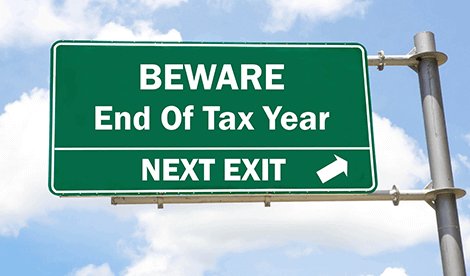GMP Equalisation – Pension Scheme accounting treatment now clarified
Last year saw, at last, some certainty as to how pension schemes should be calculating the benefits payable to their members following the landmark decision that was reached by the High Court in the Lloyds Banking Group case.
In this case the Court was asked to consider how schemes should be addressing the equalisation of the Guaranteed Minimum Pension (GMP) payable to male and female members that were contracted out of the State Earnings Related Pension Scheme between 6 April 1978 and 5 April 1997. The Court’s ruling confirmed that schemes have a legal obligation to equalise GMP accrued between 1990, when GMP was considered by the earlier Barber case, and 1997. As part of the ruling it was made clear that schemes are required to make back payments to members that have been underpaid, with interest applied, subject to any limitations in the scheme rules. It has been estimated that the impact of this decision could be to increase scheme liabilities by as much as 4%.
The Pension Research Accountants Group (PRAG) has now issued guidance on how pension schemes should be reflecting their obligations arising from the Lloyds Bank case. This guidance includes details of how GMP obligations should be accounted for, and also on the narrative disclosures that schemes should be including in their accounts in respect of this issue. The key piece of accounting guidance is not surprising, in that schemes should be recognising a liability in respect of backdated benefits payable and related interest where it can be measured reliably, and it is expected to be material.
One of the key areas of accounting uncertainty arising from the judgement was from what date did schemes have this obligation, and thus recognise it in their accounts. In order to provide some certainty, the guidance includes the welcome news that schemes should account for their GMP obligation on the date the Lloyds Bank ruling was reached, 26 October 2018. This avoids the need for schemes to record their obligations by way of a prior year adjustment and having to restate prior year figures, acknowledging that they have always had this obligation and the Lloyds Bank case only confirmed this fact. This should make the accounting simpler for schemes.
Thus for scheme years ending before 26 October 2018 there is no requirement to record a liability in respect of the scheme’s backdated GMP obligations. There is however a requirement to disclose details of the scheme’s obligations in the notes to the accounts, including an estimate of the likely cost. This is because unless the value of the obligation is thought to be immaterial its existence requires disclosure as a non-adjusting post balance sheet event.
For schemes with year ends after 26 October 2018 it will be necessary to record the cost of the backdated payments as an expense and matching creditor in the accounting year in which the judgement was reached, and to include appropriate disclosures. The guidance does acknowledge that trustees may find it difficult to estimate the amount of their likely backdated benefit obligations. The calculations are complex, and not all schemes will have the information readily to hand to be able to estimate their likely liability to members. In such circumstances it will not be possible for schemes to recognise this obligation as the figures used will not be reliable. In such situations, which the guidance expects to be rare, it will be necessary to disclose a contingent liability instead.
The detailed guidance, which provides some example disclosure notes as well as further considerations of the implications of the Lloyds Bank judgement, is available free of charge to members of PRAG and can be downloaded from their website: www.prag.org.uk.
As we begin to move into the reporting season for pension schemes disclosure of how schemes are responding to the Lloyds Bank case and reflecting the implications within the annual report will be a key area for trustees and scheme auditors to consider. If you would like to know more about the reporting implications for your scheme that arise as a consequence of the Lloyds Bank case and the equalisation of GMP then please contact us.
Join over 8000 businesses and individuals who receive our complimentary e-bulletins by signing up here.
Share this article
Email Peter Hudson
This site is protected by reCAPTCHA and the Google Privacy Policy and Terms of Service apply.
Subscribe to our newsletters
Our complimentary newsletters and event invitations are designed to provide you with regular updates, insight and guidance.
You can unsubscribe from our email communications at any time by emailing [email protected] or by clicking the 'unsubscribe' link found on all our email newsletters and event invitations.
This site is protected by reCAPTCHA and the Google Privacy Policy and Terms of Service apply.













